The summer months are a prime time for relapse due to the change of routine and environment. Have you made yourself goals related to your abstinence? What do you hope to achieve by abstaining from your addiction?
Points for Consideration to Help Avoid a Relapse
Following on from our previous post about signs you might be about to relapse, here are some useful points for thought and consideration to help avoid relapses over the summer months.
- Evaluate your alcohol and/or drug consumption:
a. What encourages your behaviour? (money, people, the paraphernalia etc.)
b. Who in your work/home/social environment also takes drugs/alcohol?
c. How easily available are drugs and alcohol in your environment?
d. Will you be receiving an important sum of money in the immediate future? - Have you examined all of your high-risk situations with your fellow addicts in recovery and therapist?
- Do you have a plan in place for any high-risk situations which you might find yourself in?
- Have you talked about your feelings of loss or deprivation which accompany your sobriety? Do you feel cheated because you cannot drink or consume drugs?
- Are you conscious of the way you justify your drug or alcohol consumption? Briefly explain…
- Are you conscious of what you have done to try and control your consumption? Briefly explain…
- Are you prepared for the highs and lows which are associated with recovery?
- Have you taken measures to restrict the availability of alcohol and drugs?
- Have you spoken to all the important people in your life about your addiction?
- Are you hoping for treatment to be a ‘cure’ or ‘magical’ solution?
- How do you assess yourself during the recovery process?
- How will you limit your contact with people who are taking drugs or drinking?
- Are you conscious of how you take the chain of decisions which lead to consuming alcohol or drugs?
- How have you viewed previous relapses? Do you see them as errors, failures or moments of weakness?
- What personality traits do you have which could hold-up your recovery?
- Do you feel like you have a right to take drugs and alcohol? Are you right?
- How do you track your feelings?
- How do you solve your problems?
- Do you imagine that although you might not feel like using during treatment you will continue to feel this way when you finish it?
- Do you see desire as something with a life of its own, something out of your control or something which you can manage?
- What have you changed about your lifestyle?
- Do you look for help, or wait for it to arrive on its own?
- What are your plans to minimise complicated situations or crises which may present themselves in your life?
If you need some extra support over the summer to avoid relapsing don’t hesitate to contact us as Marbella Recovery and we will be happy to help.

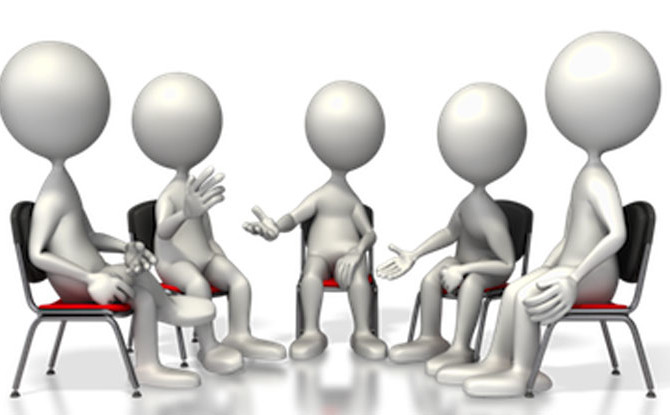
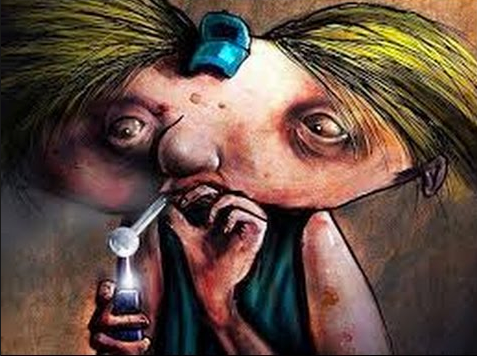
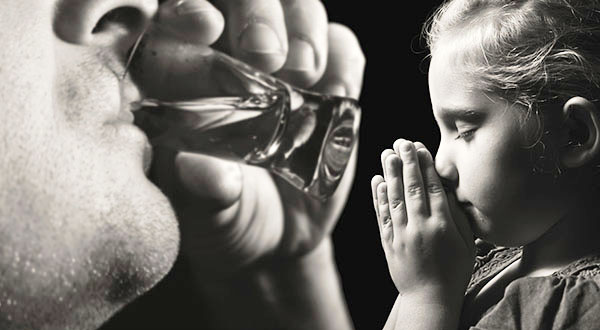
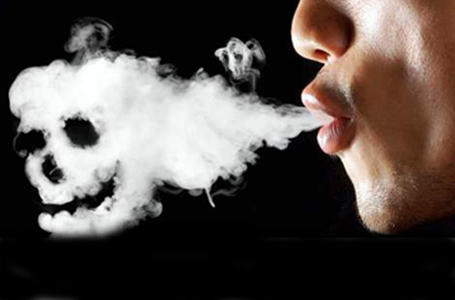
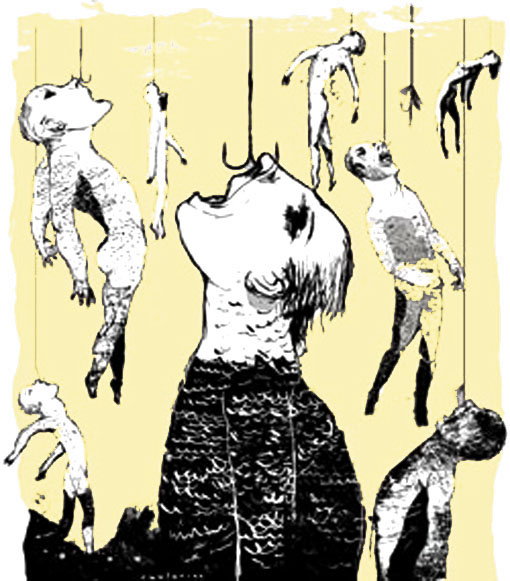
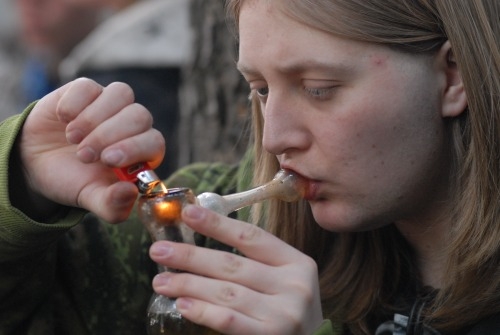
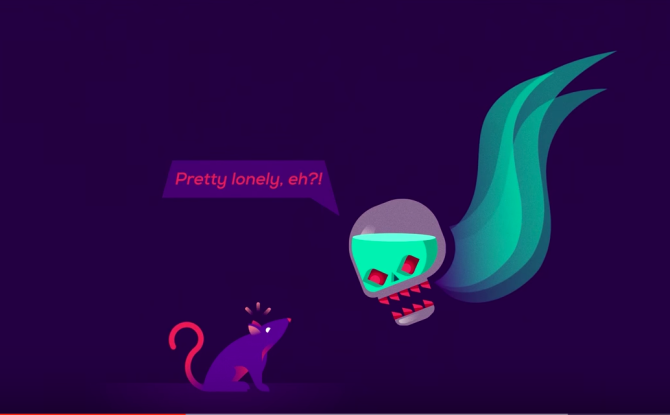
Recent Comments